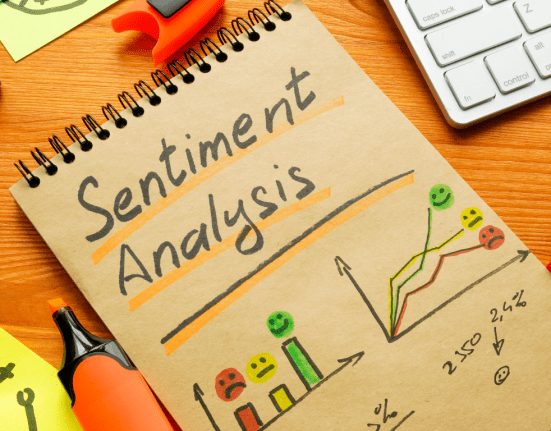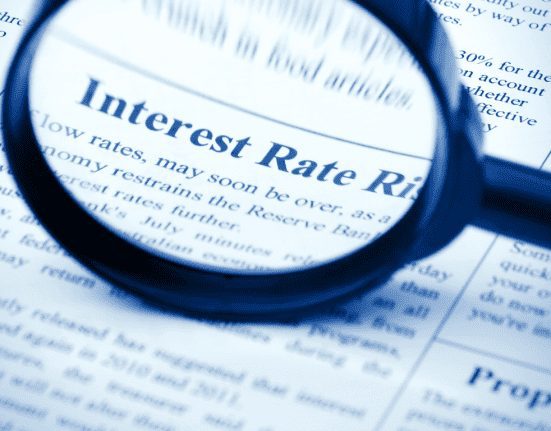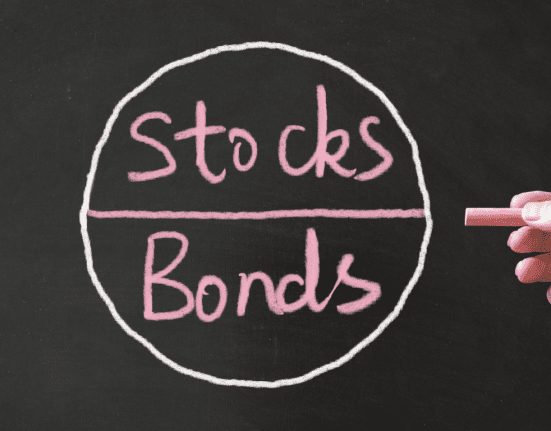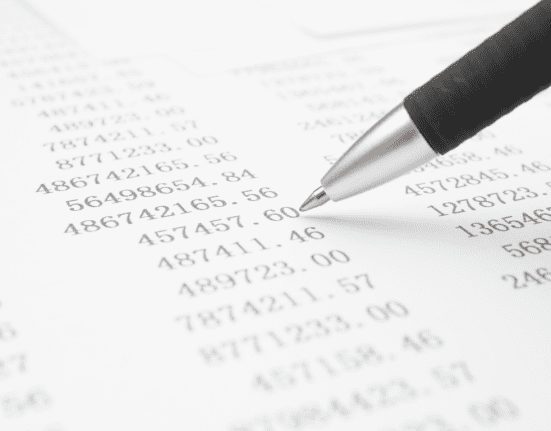Taxes can significantly impact your trading and investing profits. With some planning and strategy, however, you can minimize your tax liability and keep more of what you earn. This article will discuss how taxes affect your trading profits, as well as some strategies for reducing your tax burden.
The Impact of Taxes on Your Trading and Investing Profits
Taxes can have a significant impact on your profits when you trade and invest. In the United States, for example, short-term capital gains (gains on investments held for less than a year) are taxed as ordinary income, which can be as high as 37%. On the other hand, long-term capital gains (gains on investments held for more than a year) are taxed at a lower rate, with a top rate of 20%. It’s important to keep in mind that taxes can vary greatly depending on your individual circumstances, so it’s always a good idea to consult with a tax professional for guidance on your specific situation.
Strategies for Minimizing Your Tax Liability
There are several strategies you can use to minimize your tax liability in trading and investing. Here are a few to consider:
- Take advantage of tax-advantaged accounts: One of the best ways to minimize your tax liability is to take advantage of tax-advantaged accounts such as individual retirement accounts (IRAs) and 401(k)s. Investments in these accounts grow tax-free, and you won’t owe taxes on the gains until you withdraw the funds in retirement.
- Time your trades wisely: The length of time that you hold an investment can affect the amount of tax you pay on it. If you hold an investment for more than a year, it is taxed at a lower long-term capital gains rate. However, if you sell an investment after holding it for less than a year, the profit will be taxed as short-term capital gains — and at a higher rate.
- Use tax-loss harvesting: Tax-loss harvesting is a strategy that involves selling investments that have decreased in value to offset gains from other investments. This can lower your overall taxable income and reduce your tax liability by offsetting capital gains with capital losses.
- Consider a tax-efficient investment strategy: When choosing investments, consider tax-efficient options such as index funds and exchange-traded funds (ETFs). These types of investments tend to generate fewer taxable events, which can help minimize your tax liability.
- Stay informed: Tax regulations are subject to frequent change. You may want to speak with a tax professional or use a tax software program to stay informed of changes that could impact your tax liability.
Conclusion
Taxes can have a significant impact on your trading and investing profits, but with some planning and strategy, you can minimize your tax liability and keep more of what you earn. By taking advantage of tax-advantaged accounts, timing your trades wisely, using tax-loss harvesting, considering a tax-efficient investment strategy, and staying informed, you can maximize your profits and minimize your tax liability.
In conclusion, by being aware of the impact of taxes on your trading and investing profits and taking steps to minimize your tax liability, you can help ensure that your hard earned money is working for you to the fullest. Remember to consult with a tax professional for guidance on your specific tax situation, and stay informed on the latest tax laws and regulations. Happy trading and investing!










